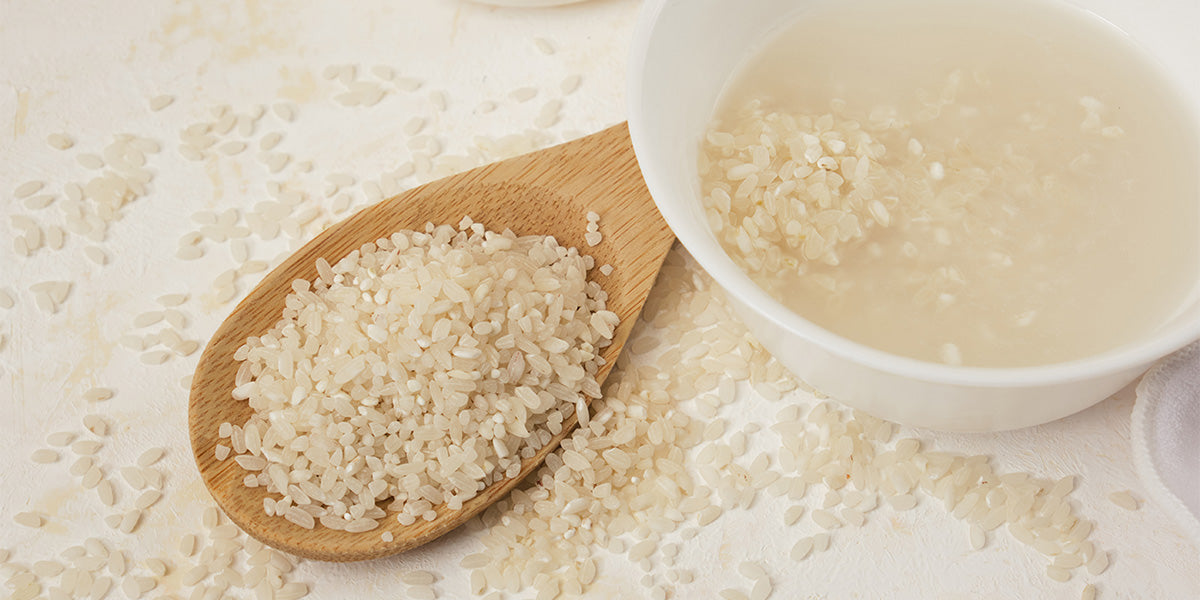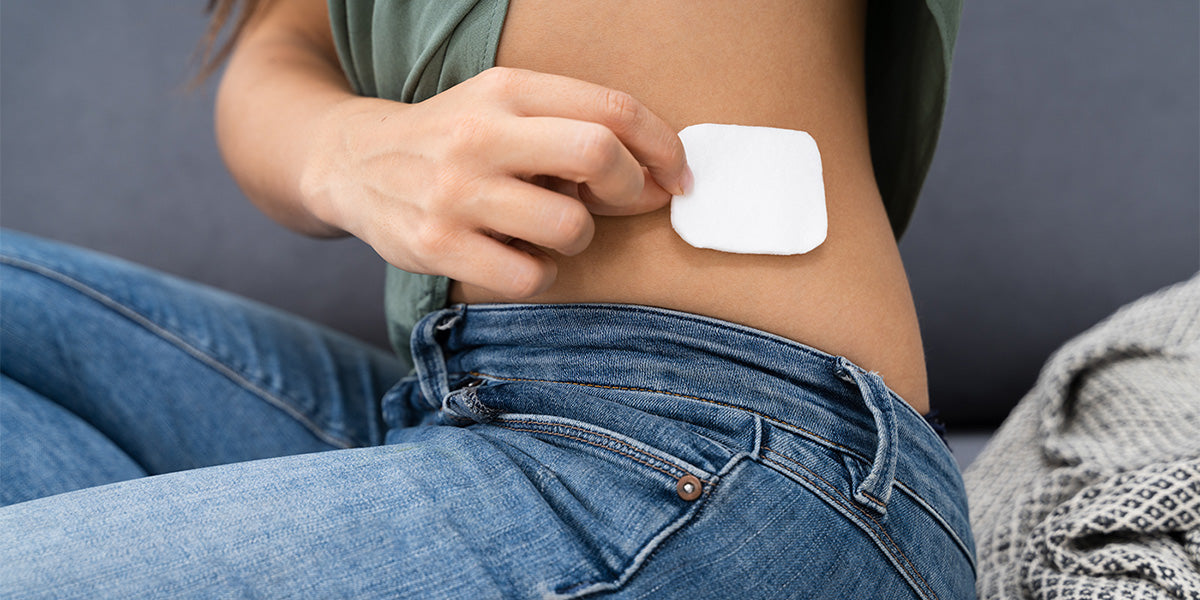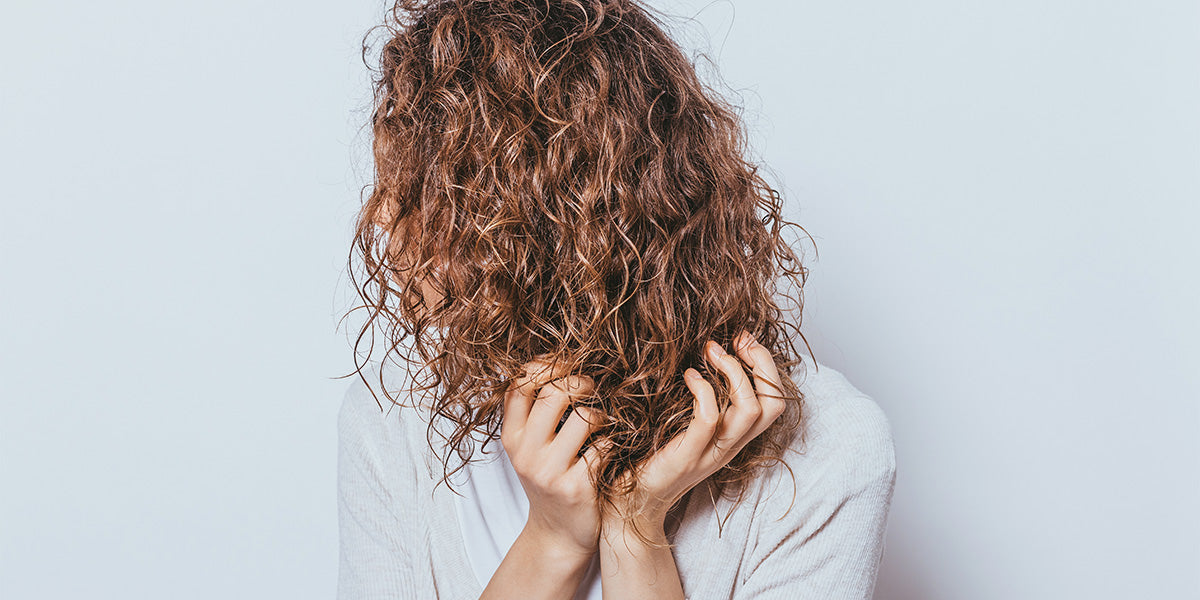Trending on social media, rice water has gained a place on the list of natural remedies that people claim to be a ‘game-changer’ for hair growth. The belief that it produces silky, smooth hair and promotes faster hair growth seems to originate from Asian cultural traditions. But is there any scientific research that supports the use of rice water for hair growth?
We set out to get to the bottom of this and explore any relevant data that could support or debunk this theory.
What is rice water?
Rice water is commonly made by adding water to a bowl of rice and leaving it to soak for a period of time (anywhere from 30 minutes to two-weeks). This soaking process releases a variety of compounds, some of which are said to be beneficial for hair health.
The use of rice water to stimulate hair growth seems to have its origins in a small Chinese village called Huangluo, where women are famously known for their record-breaking long hair. This impressive hair growth is attributed to routinely washing hair with rice water.
Many people have now adopted this method and it has gained significant popularity online. But some people are skeptical and others even claim that it damages hair.
Does rice water help hair grow?
Potentially. The nutrients found in rice water, such as inositol, may be beneficial for hair growth, but the research surrounding this topic is preliminary and there may be better ways to incorporate these compounds into your hair routine.
Let’s take a closer look at the active compounds and nutrients in rice water that could contribute to hair growth.
Inositol is a type of sugar found in naturally occurring foods, such as grains and fruits and it is one of the primary substances found in rice water. It’s believed to have a role in hormonal balances in the body and may be useful for women suffering from Polycystic ovary syndrome (PCOS) (Gamboli et al, 2021).
Rice water also contains several vitamins, such as vitamin E, which have powerful antioxidant properties.
A small study investigating the anti-dandruff effects of rice water, suggested that the zinc and selenium content of rice water may inhibit the growth of a type of fungus, known as Malassezia furfur. When this fungus overgrows on the scalp, it can cause flaking, itching and bumps to form on the scalp (Balakrishnaraja et al, 2023). This research only evaluates rice water for dandruff in the context of Malassezia furfur, but dandruff may also be caused by other factors, such as excess oil in the hair follicles.
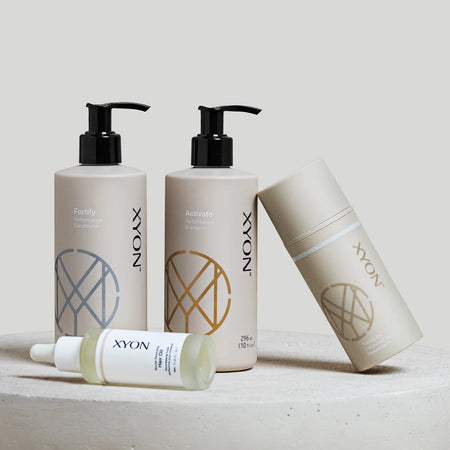
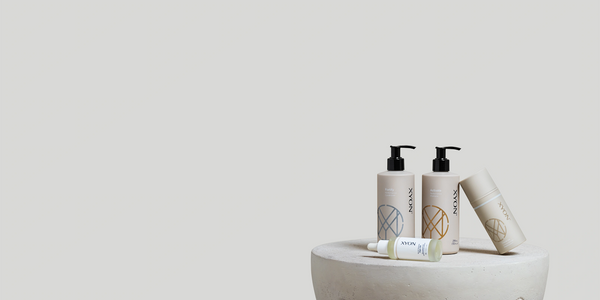
Hair Care Requires The Right Treatment
Get the right solution for your hair loss. Xyon offers prescription and over the counter options.
Can rice water damage your hair?
Rice water may damage your hair if it is left on for too long or you use it too regularly. The high protein content in the water produces a coating on hair strands and over time, an excess of protein may cause your hair and scalp to become dry. This can lead to more fragile strands of hair that may be more susceptible to breakage. It has also been observed that rice water may even cause flaking on the scalp (Inamasu et al, 2010).
Takeaway: Does rice water help hair grow?
Rice water probably isn't the magical cure to make your hair grow. That doesn’t completely discount the possibility that it has some benefits for our hair, but more research is needed to either support or debunk this theory.
If you are still looking to incorporate the potentially beneficial substances in rice water into your hair care routine, you could consider other methods, such as oral supplements. They can provide a potentially more effective concentration of the chosen substance for targeting hair growth.
The bottom line is it would be wise not to solely rely on rice water to help with hair loss. We recommend that you always seek professional medical advice at the first signs of hair loss, so that appropriate treatment can be applied.
References List
Balakrishnaraja, R., Ranjith, G., Aniskumar, M., Vijayanand, P.S., Vasan, T.P. (2023). Study on rice water composition and preparation of antidandruff shampoo against Malassezia species. IOP Conference Series: Earth and Environmental Science, 1528.
Ding, H., Zhang, J., Zhang, F., Zhang, S., Chen, X., Liang, W., Xie, Q. (2021). Resistance to the insulin and elevated level of androgen: A major cause of polycystic ovary syndrome. Frontiers in Endocrinology, 12. https://doi.org/10.3389%2Ffendo.2021.741764
Fernandez, E., Martinez-Teipel, B., Armengol, R., Barba, C., Cordech, L. (2012). Efficacy of antioxidants in human hair. Journal of Photochemistry and Photobiology B: Biology. 117(5), 146-156.
Inamasu, S., Ikuyama, R., Fujisaki, Y., Sugimoto, K.I. (2010). The effects of rinse water obtained from the washing of rice (YU-SU-RU) as a hair treatment. International Journal of Cosmetic Science, 32(5), 329-393. https://onlinelibrary.wiley.com/doi/10.1111/j.1468-2494.2010.00605_3.x
Kiani, A.K., Donato, K., Dhuli, K., Stuppia, L., Bertelli, M. (2022). Dietary supplements for polycystic ovary syndrome. Journal of Preventive Medicine and Hygiene, 63, 203-213. https://pubmed.ncbi.nlm.nih.gov/36479481
Gamboli, R., Forte, G., Aragona, C., Bevilacqua, A., Bizzarri, M., Unfer, V. (2021). The use of D-chiro-Inositol in clinical practice. European Review for Medical and Pharmacological Sciences, 25(1), 438-446.
Venkatsean, A.M., Dunaif, A., Corbould, A. (2001). Insulin resistance in polycystic ovary syndrome: progress and paradoxes. Recent Progress in Hormone Research, 56, 295-308. https://doi.org/10.1210/rp.56.1.295

